Certified Nurse Aides | Home Health Aides
to provide personal care and assist with daily living needs.
Does Medicare Pay for Respite Care services?
Imagine this scenario:
You've been the primary caregiver for your elderly loved one for months, or maybe even years. While you cherish the time spent together, you're beginning to feel the physical and emotional strain of caregiving. You desperately need a break, but you're also concerned about the cost of respite care. You may wonder, "Does Medicare cover respite care services?"

Understanding Respite Care
Before we delve into the Medicare aspect, let's understand what respite care is. Respite care is a vital component of caregiving, providing temporary relief for caregivers who need to rest and recharge. It's a way to ensure that caregivers maintain their well-being while continuing to provide quality care for their loved ones.
Medicare Overview
Medicare is a federal health insurance program primarily designed for seniors aged 65 and older and individuals with certain disabilities. It consists of various parts, including Part A (hospital insurance), Part B (medical insurance), Part C (Medicare Advantage), and Part D (prescription drug coverage). While Medicare provides valuable coverage for many medical services, it's essential to understand its limitations.
Does Medicare Cover Respite Care?
The answer to the burning question is that, in most cases, Medicare does not cover the costs of respite care. Medicare is primarily focused on medical services, hospital care, and skilled nursing care, not custodial care or non-medical services like those provided in a respite care setting.
However, there are exceptions. Medicare may partially cover respite care in certain situations, such as when it is provided as part of hospice care. If your loved one is receiving hospice care, some respite care services may be included in the hospice benefit.
Alternative Funding Options
While Medicare may not cover respite care, there are alternative funding sources to explore:
- Medicaid:
Medicaid programs in some states offer respite care coverage for eligible individuals. The availability and criteria for Medicaid respite care vary by state.
- Veterans Affairs (VA) Benefits: If your loved one is a veteran, they may be eligible for VA benefits that can provide respite care support.
- Long-Term Care Insurance: Long-term care insurance policies may include coverage for respite care. Check the terms and conditions of the policy to see if it applies.
- Local Programs and Non-Profit Organizations: Many communities offer respite care programs or non-profit organizations that provide financial assistance or respite care services.
Importance of Planning Ahead
Given the limitations of Medicare coverage for respite care, it's crucial for caregivers and families to plan ahead. Recognizing the need for respite and having a plan in place can make a significant difference in the quality of care provided and the well-being of caregivers.
Tips for Navigating Respite Care Costs
Here are some practical tips for managing respite care expenses:
- Budgeting: Include
respite care costs in your overall caregiving budget. Plan for periodic breaks to ensure you can continue to provide care effectively.
- Exploring Options: Research different respite care providers and options. Some may offer sliding-scale fees or financial assistance.
- Financial Assistance: Investigate available financial assistance programs or grants specifically designed to support caregivers in need of respite care.
- Consulting Experts: Consider consulting with a financial advisor or eldercare expert who can help you navigate the financial aspects of caregiving and respite care.
In Need of Respite Care? Choose Barr!
While Medicare does not typically cover respite care services, there are alternative funding sources and planning options available. Respite care is an essential part of caregiving that allows caregivers to take a well-deserved break, recharge, and provide better care for their loved ones. It's crucial to recognize the need for respite and seek appropriate support.
If you have questions about respite care or need assistance with caregiving solutions, please don't hesitate to contact Barr Private Care. We are here to provide personalized caregiving support and guidance to make your caregiving journey more manageable.
Contact us today.
Contact Us Today For A Consultation
Contact Us
We will get back to you as soon as possible.
Please try again later.
Recent Blogs

Missouri Office
1000 Swift Street
Kansas City, Missouri 64116
Kansas Office
7804 Foster Street
Overland Park, Kansas 66204
Copyright ©2024 Barr Private Care | Web Design by Tekkii







